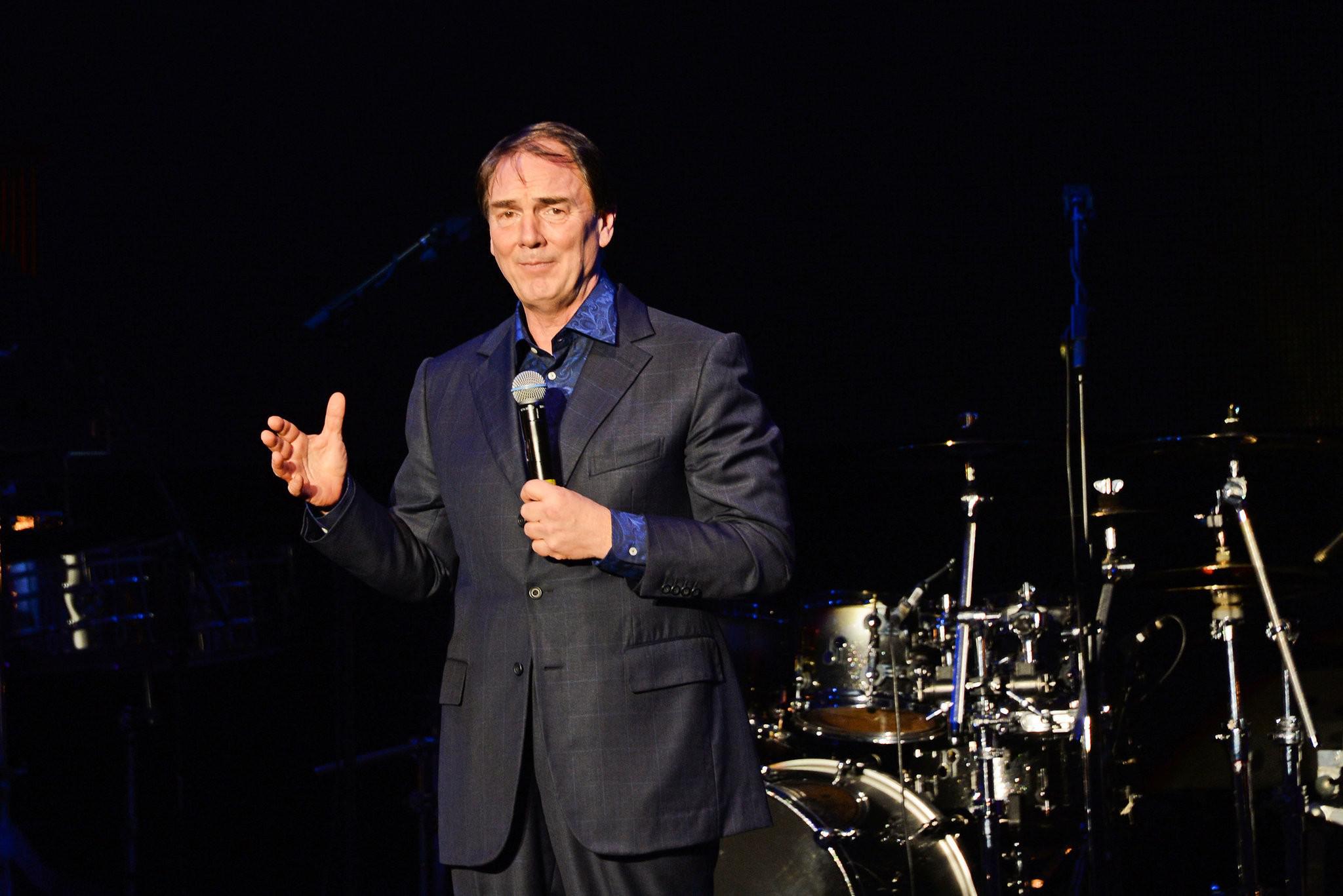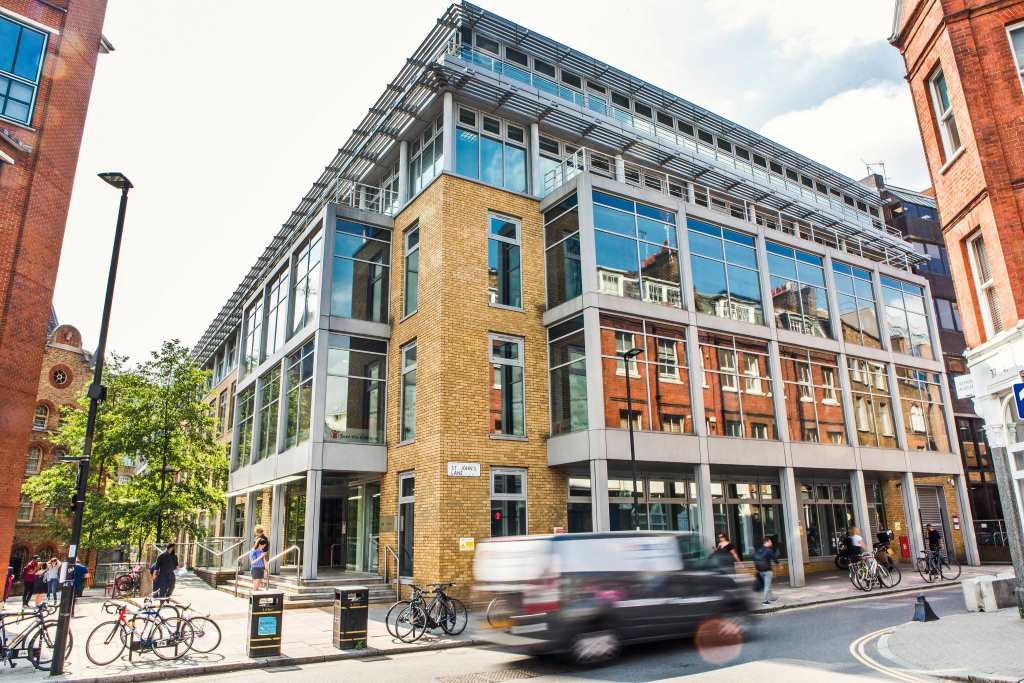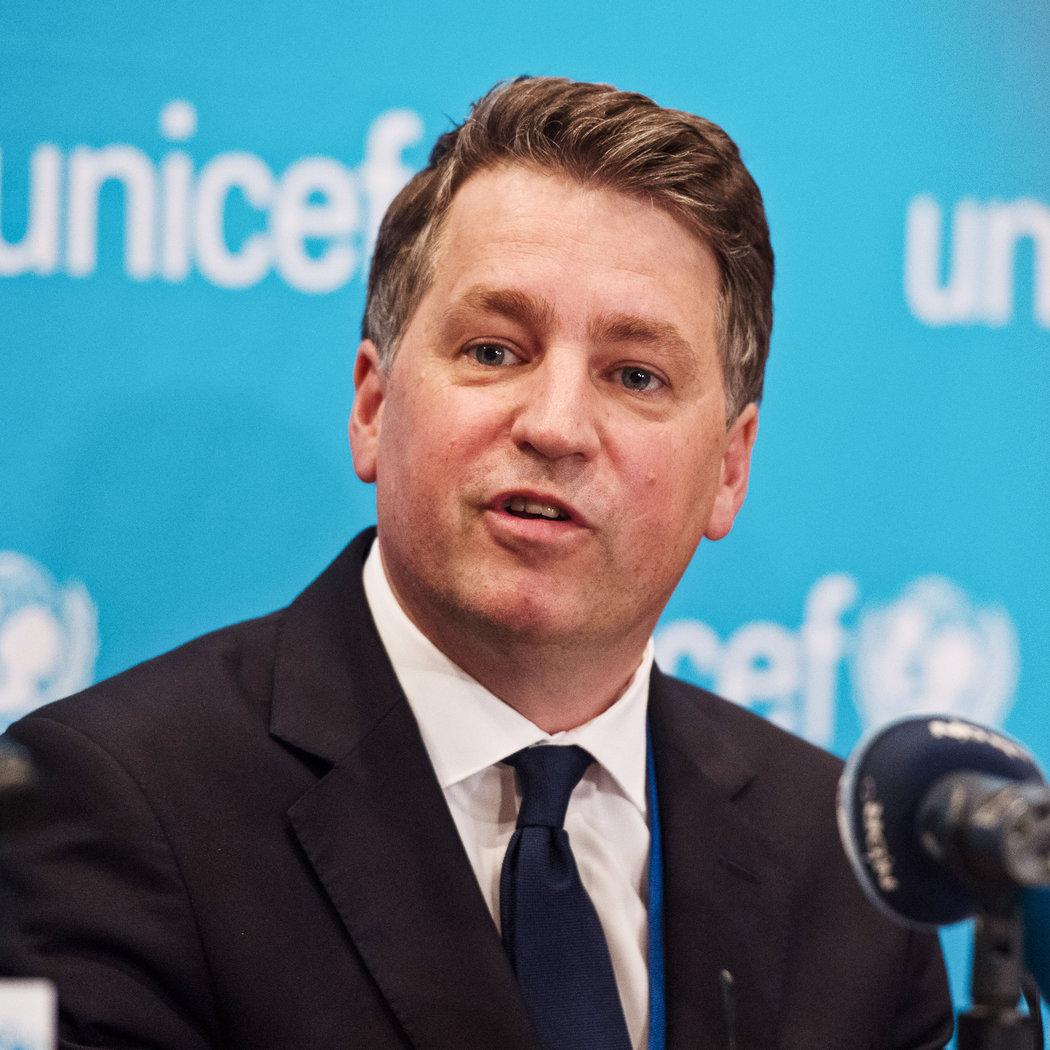|
A Crisis Management Guru Bungles a Crisis
By David Segal
LONDON — When Sir Alan Parker was appointed chairman of Save the Children U.K. in 2008, he must have seemed like the perfect choice. As the founder and head of Brunswick Group, one of the most successful corporate public relations firms in the world, he had connections with chief executives, celebrities and media moguls as well as politicians on both sides of the political divide. Charming and boyishly effusive, he earned millions leading a business that now has 1,000 employees in 14 countries, all of them shaping narratives for companies in the public eye. But there was one story this consummate spin doctor could not control — his own. In March, BBC Radio 4 reported that Mr. Parker and the charity had bungled sexual harassment and bullying complaints leveled a few years ago by three female employees against two of the charity’s top managers. A much-publicized petition was soon circulating, signed by 200 current and former Save the Children staff members, urging Mr. Parker to step down. A three-year-old sexual harassment matter quickly spiraled into a fiasco, one that raised very public questions about Mr. Parker’s tenure at a respected institution. In April, the British government’s Charities Commission officially opened an inquiry into Save the Children U.K., one likely to hang over both Mr. Parker and the organization for months. Roughly a week after the inquiry was announced, Mr. Parker resigned. “It is my view that a change is needed,” he said in a public statement. For a man knighted for services to business and charitable giving, it was a humbling embarrassment. For an executive who spent decades coaching chief executives through crises, it was a baffling disaster. And while the events at Save the Children echo #MeToo dramas playing out in workplaces around the world, what sets this saga apart is not the boorish behavior of men. Current and former employees say the charity, under the leadership of Mr. Parker, created an adrenalized culture more suited to a battle-ready business than a charity. They describe a place gripped by a desire to win, with victory defined as raising more money and then spending it on splashier projects than other charities did. There were boasts about reaching more children. Dollars and headlines were key metrics. Beating Oxfam, a U.K.-based charity that fights poverty, was the goal. Mr. Parker “was putting growth above all,” said Jonathan Glennie, former director of policy and research. “And the cost was that anything that got in the way of growth was ignored.” A corporate creature to his core, Mr. Parker reacted to the harassment complaints like a chief executive from a bygone era, current and former Save the Children employees say. One of his priorities seemed to be protecting the jobs and reputation of the men responsible for the harassment, particularly Justin Forsyth, the charity’s chief executive officer at the time. A victim quoted in a 2015 internal review commissioned by the charity said that she was uncomfortable with Mr. Parker’s efforts at adjudication.“It’s more about who Alan is,” she explained, “and having Alan and his best mate Justin sort of talking to each other about how best to handle these girls.” This account of Save the Children U.K’s culture, and Mr. Parker’s role in creating it, is based on internal reports reviewed by The New York Times as well as interviews with current and former Save the Children employees and former Brunswick partners. Many requested anonymity when discussing him. The charity staff members cited worries about their careers, while the ex-partners cited a professional aversion to appearing in the media. “This is a village,” said one, referring to Britain’s business community, “and our clients do not expect to read about us.” Mr. Parker, 62, set his own conditions for an interview, his first in decades. Citing a maxim popular at Brunswick — “Never get between a client and the footlights” — he declined to be quoted. Instead, he invited me to the company’s art-filled offices in London and asked that his answers be paraphrased. He later sent on-the-record comments via email, stating that he was concerned about possible misunderstandings. He seemed torn between keeping a distance from the whole process and controlling it as much as possible. In person, Mr. Parker comes across as the hearty ambassador from a principality known as Britain’s Business Establishment. Clad in a custom-made blue suit, he has the reassuringly sturdy build of a luxury sedan and the improbably plump cheeks of an 8-year-old. He spoke in five-minute monologues, sounding jolly when he laughed and mumbling when pensive. He has mastered the quintessentially British skill of packaging self-promotion as self-deprecation. He said the board of Save the Children U.K. took complaints against the top two executives, Mr. Forsyth and the policy director, Brendan Cox, seriously, acting quickly and professionally to address them. Sensitivity was shown to the women and Mr. Parker apologized to them all. No one went easy on either of the executives, he continued. A letter of censure, written by Mr. Parker, was given to Mr. Forsyth. Mr. Parker was surprised to hear that employees found the charity overly competitive. He acknowledged some mistakes, mainly procedural ones. He stepped down, he said, because he didn’t want to hurt Save the Children, an organization that has been providing aid and relief in developing countries for nearly a century. “A major factor in my decision to resign,” he wrote in his email statement, “was a concern that we might lose public trust and put at risk vital government funding.” ‘The Money Came First’Mr. Parker is a maypole at London’s dance of elites. He is friends with the former Labour prime minister Gordon Brown, as well as the former Tory prime minister David Cameron. (Both attended his second wedding.) Invitations to Mr. Parker’s salon-style lunches at the men-only Garrick Club, which allows female guests, are attended by chief executives and media titans alike. He travels in a chauffeured Lexus and has a personal fortune reportedly close to $150 million. He earned it by creating Brunswick, which Mr. Parker envisioned as a global, full-service corporate advice firm in the image of McKinsey and Goldman Sachs, two companies he speaks of reverently. Early on, Mr. Parker would have seemed an unlikely pioneer in any vocation requiring a coat and tie. He never attended college. Instead, at 18 he worked on an oil rig, and as a roadie and manager to a handful of rock bands. At 24, he landed his first job in public relations with Brian Basham, a former adviser to Mr. Parker’s father, Sir Peter Parker, the one-time chairman of the British Railways Board. “Alan had to be reintroduced to the concept of a shower,” Mr. Basham recalled. “He’d been trying to manage rock groups so he needed some tidying up.” After six years on the job, Mr. Parker irked his boss by secretly plotting his departure, and a new firm, with two other employees. “He shot off without a word,” Mr. Basham said. “Kind of two-faced.” Mr. Parker and his co-founders named their company for the street where he grew up, rather than using last names. (Even at the age of 30, Mr. Parker was practicing the art of tactical modesty.) Today, he is Britain’s pre-eminent salesman of corporate reputation insurance, charging retainer fees that average about $26,000 a month. Brunswick now claims as clients roughly one-quarter of the top 100 publicly traded companies in Britain. “Alan has a very strong ability to step back from any situation,” said Iain Conn, the chief executive of Centrica, a Brunswick client and Britain’s largest energy supplier, “which makes him invaluable reflecting back to me how the company is perceived by different stakeholders.” Philanthropy is part of success in Britain’s capital, and Mr. Parker’s appointment to Save the Children U.K. brought him new cachet. It was arguably the dowdiest of Britain’s major charities — its highest-profile patron has long been Princess Anne, Queen Elizabeth’s daughter. Donations had been flat for years. Mr. Forsyth and Mr. Cox had worked together at No. 10 Downing Street and both shared Mr. Parker’s vision for a bigger, brasher organization. Mr. Forsyth also wanted a charity that drew in hotter celebrities, just like its chief rival, Oxfam. “We were always being told we weren’t doing as well as Oxfam,” said Brie O’Keefe, a former campaigns adviser for Save the Children U.K. “They were cooler. I was in meetings where Justin would say, ‘You don’t have A-listers on your big project.’” Many employees recognized the inherent oddness of battling another charity for notoriety and dollars. This wasn’t Coke against Pepsi, a contest for profits and market share. And as Save the Children U.K. started to act more like a corporation, it raised more money from publicly traded companies. Within three years of Mr. Parker’s appointment, business sponsorships had quintupled to nearly $30 million. Such deals have been around for decades, providing much-needed funds for charities and a halo effect for corporations. At Save the Children, though, relationships with these businesses were too cozy for some staff members. Members of the media team say they were sometimes asked to hold off on criticizing companies that were donors, or were considering becoming donors, out of fear of antagonizing them. This happened a few times when the press office wanted to chastise energy companies, including British Gas and EDF, for raising rates, said Dominic Nutt, the charity’s one-time head of news. “If the money got in the way of the mission,” he said in an interview, “the money came first.” A spokesman for Save the Children U.K. said in an email that the charity has never muzzled itself on behalf of a sponsor. “It is simply wrong and misleading to suggest our silence can be bought,” the spokesman wrote. The goal of generating headlines and donation income appeared to have seeped into Save the Children’s charitable projects, too. A 2015 draft of an internal review of the charity’s efforts to combat the Ebola virus, a copy of which was seen by The Times, found the staff felt “pushed into a decision to take considerable risks in an area where the organization had no experience.” Why did that happen? “Many respondents said they felt this decision was driven by SCUK leadership’s ambition to attract more media coverage and funding,” the draft read. “They did not feel it was based on our ability to affectively deliver a humanitarian response to this crisis.” Unwanted TextsFrom the outside, Mr. Parker’s turnaround plans seemed to work. Save the Children U.K. more than doubled annual donations to roughly $515 million by 2015. It provided aid and care to far more children, too. Inside the charity, few knew that Mr. Forsyth had been lavishing unwanted attention on female employees. The complaints by three women were lodged in 2012 and 2015 and largely centered on texts and, in one case, after-hours get-togethers he called “career chats.” “In these chats, he would ask her about her work and personal life,” read part of that 2015 internal report, written by a law firm hired by Save the Children to look into how the complaints were handled. “She would try to evade the personal questions, and sometimes would lie to say that she was dating someone even if she was not.” Over drinks, the report found, Mr. Forsyth once told her, “Look, I fancy you, you fancy me. Why don’t we just stop pretending?” The report quotes the director of human resources at the time, Paul Cutler, who recalled a conversation in which Mr. Parker said something “along the lines of, ‘JF is very important to the organisation; people behave differently when they’re abroad; they would have been tired; they would have needed some mutual support; what was A/B doing by agreeing to go to his hotel room in the first place.” (JF referred to Mr. Forsyth and A/B, the victims.) Mr. Parker said in a follow-up email to The Times that his comments to Mr. Cutler were not intended to imply that the complainants were at fault. “The questions asked were an appropriate exploration about what had happened, where and when, and were not intended to be judgmental of anyone,” he wrote. One recurring theme in the 2015 internal report is that Mr. Parker was too close to Mr. Forsyth to act impartially. The appendix includes Mr. Parker’s letter of censure to Mr. Forsyth, which ends with an admonition that is either surprisingly genteel or strangely antiquated: “It is simply ‘not on’ for this type of behaviour to take place at Save The Children.” In his follow-up email, Mr. Parker stated that “clearly documented facts” don’t support criticism that he was too close to Mr. Forsyth to treat the situation fairly. Current and former employees say that the misconduct of Mr. Cox was an open secret. In 2015, he was suspended during an internal inquiry into his dealings with women, but he resigned from the charity before it was completed. Brief stories in several newspapers reported at the time that “inappropriate behavior” explained his exit. It was not until February that the full details of the years-old complaints against both Mr. Cox and Mr. Forsyth appeared in the media. Focus quickly turned to how Save the Children responded when complaints were first made, and, more recently, after they surfaced publicly. Much of that response was engineered in concert with Mr. Parker, and part of it backfired badly. “Real Failings in There”Five months ago, Save the Children U.K. began to send sternly worded letters to news organizations digging into stories about the charity. Phrases like “seriously defamatory” were used. The letters cost the charity more than $150,000 in legal fees. At a privately held corporation, the outlay would not arch an eyebrow. But Save the Children gets most of its money from public donations, and nobody writes a check to a charity hoping it will be spent on lawyers. Mr. Parker had brought a corporate stratagem to the public sector, with troubling results. In May, when Mr. Parker testified before the International Development Committee in Parliament, which is conducting an inquiry into sexual exploitation and abuse in the charity sector, Conservative MP Pauline Latham witheringly noted that the charity’s website “is currently asking people to donate seven pounds to provide warm clothing to help African children.” Mr. Parker has defended the letters sent by Save the Children as a necessary measure to ensure that articles were accurate. The challenge for Mr. Parker in recent months has been providing critical distance from a drama in which he is a major actor — a challenge that he believes he has met. He said that when complaints were first made he hired outside experts, oversaw a rigorous inquiry and expressed empathy for the women who were harassed. As for mistakes, the ones he acknowledged were essentially failures to fully inform the victims. “We didn’t give the individuals the right information,” he told the committee in Parliament. “We didn’t have give them the right handbooks, we didn’t take them to the right place on the website to look at the processes, and we didn’t really give them the right advice on the options. So I think there were real failings in there.” Some employees who watched Mr. Parker up close, in 2012, 2015 and in recent months, believe his failings go beyond protocol. Mr. Forsyth left the charity with no whiff of wrongdoing. Save the Children U.K. has taken a hit to both its reputation and its finances — donations are down — that will shadow the charity for a long time. But Mr. Parker can count one notable triumph in his approach to this public relations calamity. Despite all the negative media attention, not a single client has left Brunswick, he said. In fact, revenue in the British part of the company is up 29 percent in the first four months of the year. History may ultimately determine that Mr. Parker has received more than his fair share of the blame for what went wrong at Save the Children U.K. Then again, fairness is rarely a feature of scandals, a truism he knows better than anyone. Five years ago, in a presentation to partners at Brunswick titled “Five Myths, Five Truths,” Mr. Parker outlined a set of ideas that would have been worth reviewing in recent months. Myth No. 1: “It’s not fair.”
|
.
Any original material on these pages is copyright © BishopAccountability.org 2004. Reproduce freely with attribution.





